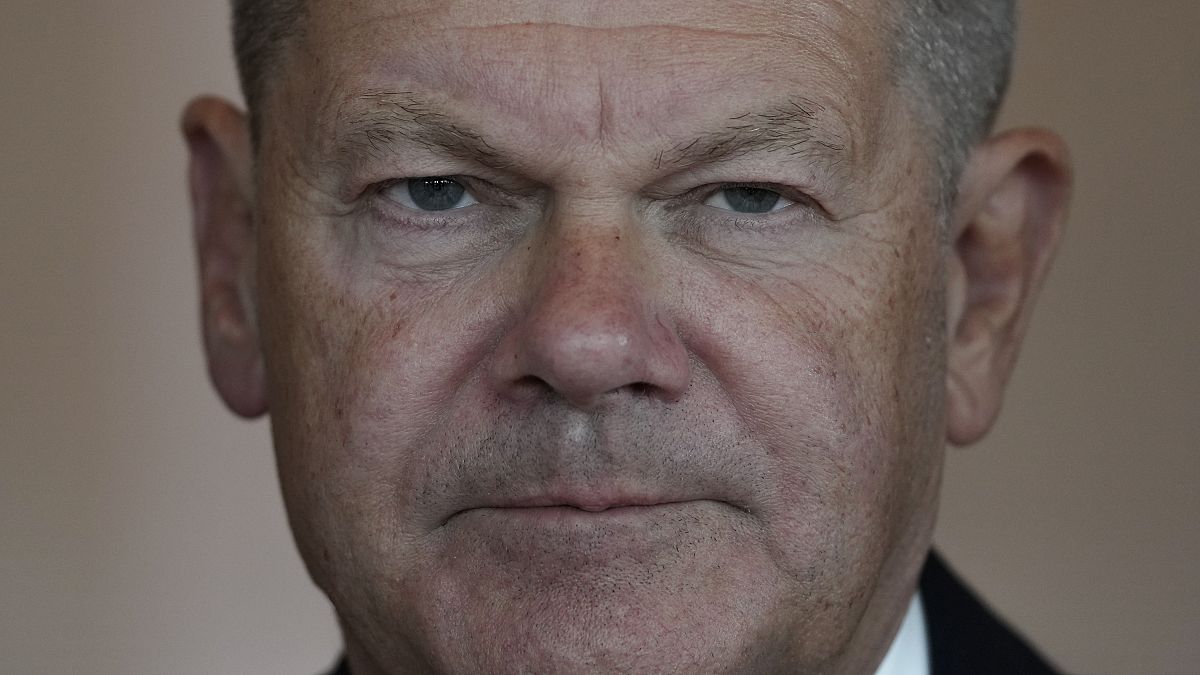The fallout of regional elections in Germany, the latest dispute between Hungary and the EU, and Mongolia’s refusal to arrest Vladimir Putin have been making headlines this week. Hungary has refused to pay a €200 million fine imposed by the European Court of Justice for restricting the right to asylum. This has sparked a conflict between Hungary and the EU, as the European Commission is pressing Hungary to make the payment within 15 days. In Germany, a hard right and fascist party emerged as the strongest force in a state election, signaling a shift in the political landscape.
German Chancellor Olaf Scholz’s attempt to adopt a tougher immigration policy ahead of the elections did not prevent the far-right party’s gains. This outcome has raised concerns about the government’s response to populist demands and its potential impact on other policy positions, such as on Ukraine and the energy transformation. Although the results in east Germany may not represent a significant part of the population, the success of the far-right parties in these states could influence national politics and force other parties to respond to their initiatives.
Rafael Loss, a policy fellow at the European Council on Foreign Relations, highlighted the need for the centrist parties to cooperate effectively to counter the rise of far-right and far-left political forces. Chancellor Scholz’s party, the SPD, faces challenges in maintaining its political position following the election results in east Germany. The political spectrum in Germany is becoming more fragmented, requiring the centrist parties to find new ways to address the growing influence of extremist parties and deliver effective governance.
Vladimir Putin’s visit to Mongolia, a country rarely in the news, made headlines as the nation chose not to arrest him despite an arrest warrant issued by the International Criminal Court for alleged war crimes. Mongolia’s decision not to detain Putin has led to calls from Ukraine and the EU to fulfill its obligations. Despite these calls, Mongolia greeted Putin with honor guards in uniforms inspired by Genghis Khan, showcasing the country’s diplomatic relations with Russia. The refusal to arrest Putin has sparked international debate around Mongolia’s obligations as a party to the Rome Statute of the International Criminal Court.





















